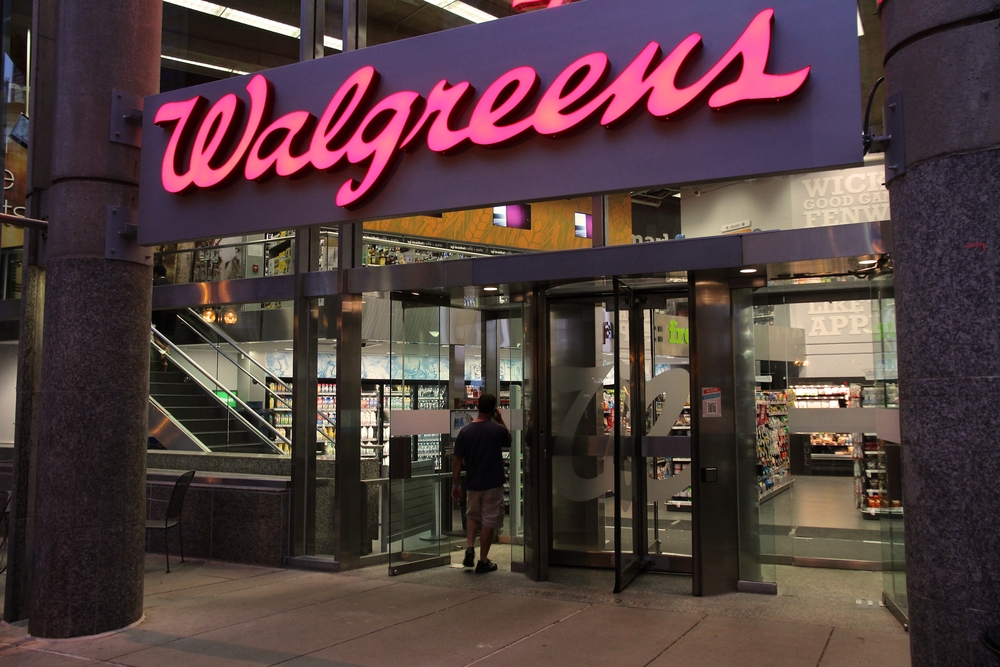
Walgreens and its subsidiary, Duane Reade, have been slammed by the state of New York, both in the press and in the bank. The chain, which operates more than 450 stores in New York, must now pay the state $500,000 for misleading customers with deceptive pricing practices.
New York State Attorney General Eric Schneiderman announced the settlement last Wednesday, revealing that Walgreens and Duane Reade stores throughout the state charged customers prices that differed from prices advertised on shelves and in print ads, according to the Consumerist. This kind of mislabeling led customers to believe items were on sale when they were not. Sale price tags remained on display even after they expired, Schneiderman’s investigation found, and items labeled “Clearance” were advertised as such for as long as 10 months.
“Businesses are required to ensure that their advertisements are truthful and not misleading,” said Schneiderman. “When consumers purchase products at retail stores in New York, they should be able to rely on the prices displayed in advertisements and on shelf tags and not have to worry about being overcharged when they get to the register.”
This isn’t the first time Walgreens has been busted for inaccurately pricing its products. A 2013 report from Change to Win, a union advocacy group, found many of the same issues taking place in other states, ultimately “costing consumers and violating the public trust,” according to Michael Zucker, Director of Change to Win Research Initiatives. In response, Walgreens executives chalked it up to disgruntled labor unions attempting to make noise.
Walgreens was hit with another $500,000 penalty last August, after an investigation launched by the California State Board of Pharmacy and local district attorneys revealed store pharmacists did not properly consult customers about prescription drugs. Under rules dictated by the Board, personal pharmacist consultations are required whenever a customer has a new prescription or a new dosage.
As a result of the settlement with New York state, Walgreens was ordered to remove expired shelf tags in all New York stores, or face a penalty. And going forward, the company must ensure that items are accurately labeled and updated regularly. However, it’s unclear just how motivating the $500,000 penalty will be for Walgreens to change its bad habits, the Consumerist notes. Compared to the company’s net worth of over $85 billion, $500,000 is a mere drop in the bucket.